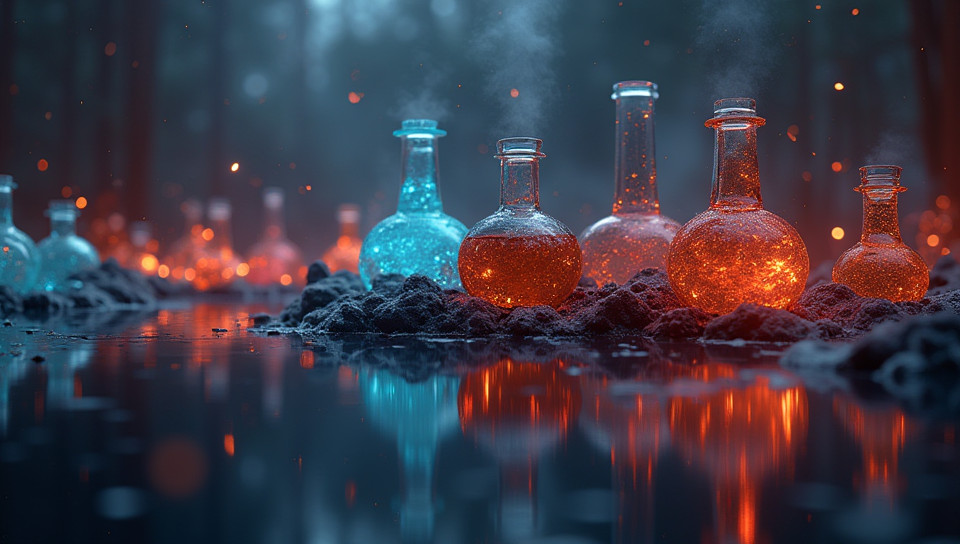Compounds have different properties than their individual elements 78%

The Power of Combination: How Compounds Outshine Their Elements
When two or more elements combine to form a compound, something remarkable happens. The resulting substance is often vastly different from its individual components, with unique properties that make it an essential part of our daily lives. From the air we breathe to the medicines we take, compounds play a crucial role in shaping our world.
What are Compounds?
Compounds are formed when two or more elements share electrons to create a chemical bond. This bonding process releases energy and creates a new substance with distinct characteristics. Unlike mixtures, which can be separated back into their individual components, compounds are unique entities that cannot be broken down into their constituent parts.
Properties of Compounds vs Individual Elements
The properties of compounds often differ significantly from those of their individual elements. Here are some examples:
- The melting point and boiling point of a compound can be higher or lower than its component elements.
- The density of a compound may be greater or less than the average density of its constituent elements.
- Compounds can have different colors, textures, and even smells compared to their individual elements.
Why Do Compounds Have Unique Properties?
The unique properties of compounds arise from the way the atoms are arranged in space. When elements combine, they form a new lattice structure that is influenced by factors such as electronegativity, atomic size, and bond strength. These interactions lead to the emergence of novel properties that cannot be predicted solely based on the individual elements.
Practical Applications of Compounds
The unique properties of compounds have far-reaching implications for various fields, including:
- Medicine: Compounds are used to develop life-saving medicines that target specific biological pathways.
- Materials Science: Compounds are used to create advanced materials with improved strength, durability, and resistance to corrosion.
- Energy: Compounds play a crucial role in the development of clean energy sources, such as solar cells and fuel cells.
Conclusion
The properties of compounds offer a fascinating example of how the combination of individual elements can lead to something entirely new and unique. By understanding the underlying principles that govern compound formation, we can unlock innovative solutions for some of humanity's most pressing challenges. As we continue to explore and develop new compounds, we must remember the power of combination and the vast potential that lies at the intersection of chemistry and innovation.
- Created by: Maria Reed
- Created at: Nov. 6, 2024, 3:08 p.m.
- ID: 15510








